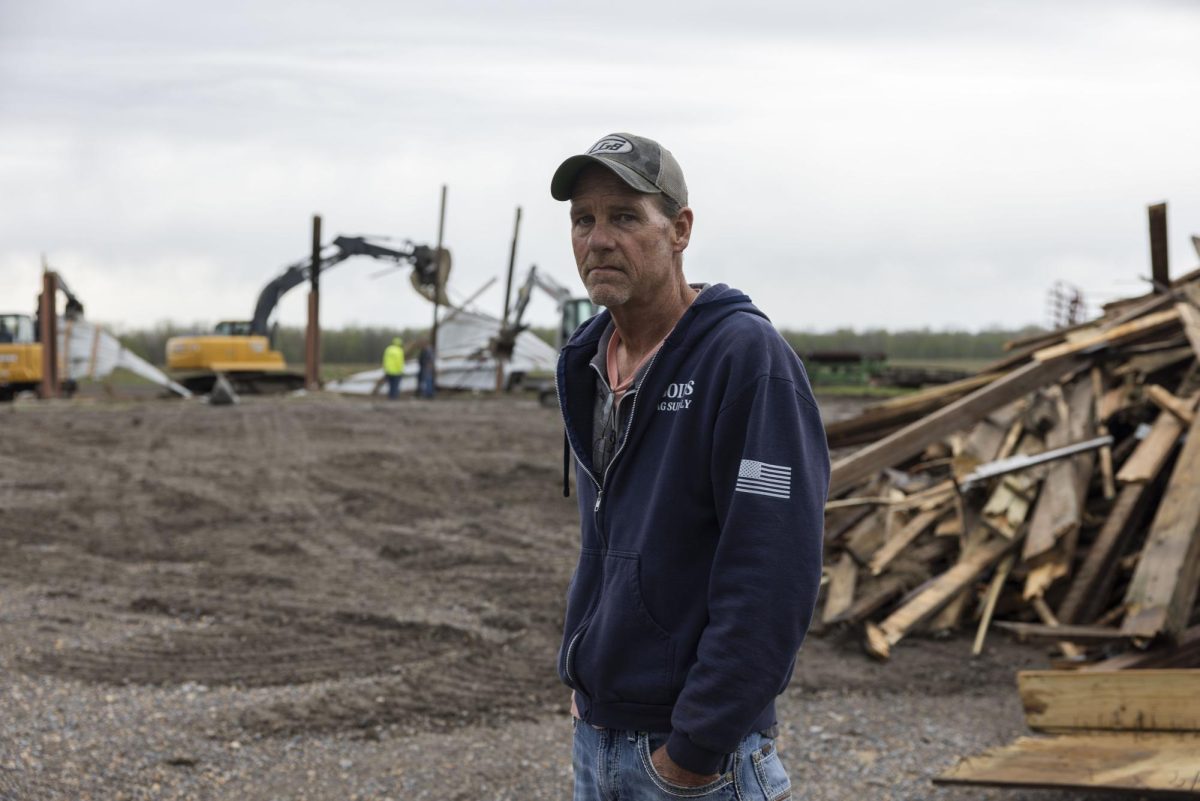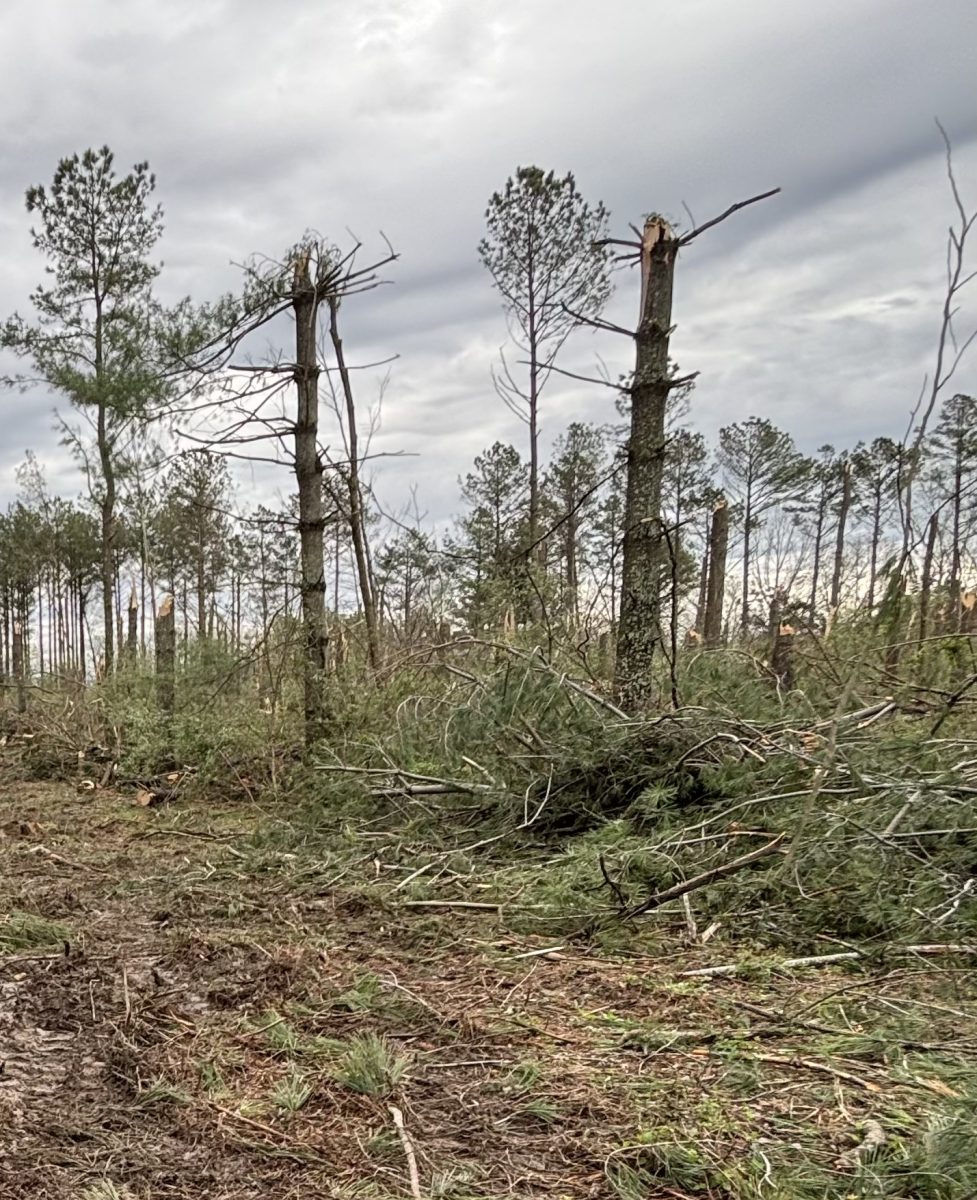South African broadcasters visit SIUC
November 3, 1995
By Signe K. Skinion
Broadcasting officials from South Africa are visiting the United States to gather information on broadcasting regulations, and SIUC is their current stopping point, University officials say.
Joe Foote, dean of the College of Mass Communications and Media Arts, said SIU was chosen by grant to help the South Africans understand American broadcasting. He said the visit is a great opportunity for not only the visiting dignitaries, but students as well.
Advertisement
This visit gives us a great deal of prestige to be chosen by the American government to handle such a delicate project, Foote said. We hope it will be helpful to our students to open more vistas to see how other countries work.
Foote said students can learn more by talking with the dignitaries and listening to how their broadcasting is different from America’s. He said the fact that there are such high ranking officials here is a boost to SIU’s reputation and a chance to show-off SIU’s technology.
Sebiletso Mokone-Matabane, co-chair of the Independent Broadcasting Authority for the Republic of South Africa, said about 45 percent of the South African population lives in rural areas. She said visiting Southern Illinois gives the group a chance to see how smaller stations work for their audience, giving them ideas to set up their stations.
We are really interested in finding out how the F.C.C. (Federal Communications Commission) deals with regulations, Mokone-Matabane said. For example high-definition television and how they will deal with issues regarding rules on new frequencies on satellite. Everything we have learned so far has been very enlightening.
A lack of nationalism in broadcasting is one of the main reasons I.B.A. was started, Mokone-Matabane said.
We hear music from all around the world, but seldom do we hear our music, Mokone-Matabane said. Two years ago it was easier to find out what was happening in New York than it was to find out what was happening in South Africa, and we said we have to find a way to know what is happening in our country.’
Mokone-Matabane spent 27 years in exile in the United States for political reasons and said it was during these years she became interested in broadcasting. She said she returned to South Africa in 1992, after the release of Nelson Mandela and began working on the broadcasting project shortly after returning to her home country.
Advertisement*
The authority is 19 months old. Prior to that, we had a state broadcasting service with three national television networks and 21 radio stations, Mokone-Matabane said. We are in the process of opening the airways for the first time.
The seven dignitaries will spend the next two days in Southern Illinois and visiting Western Kentucky before traveling back to Washington, D.C. for more conferences with the F.C.C. They will return to South Africa on Nov. 19.
Advertisement









